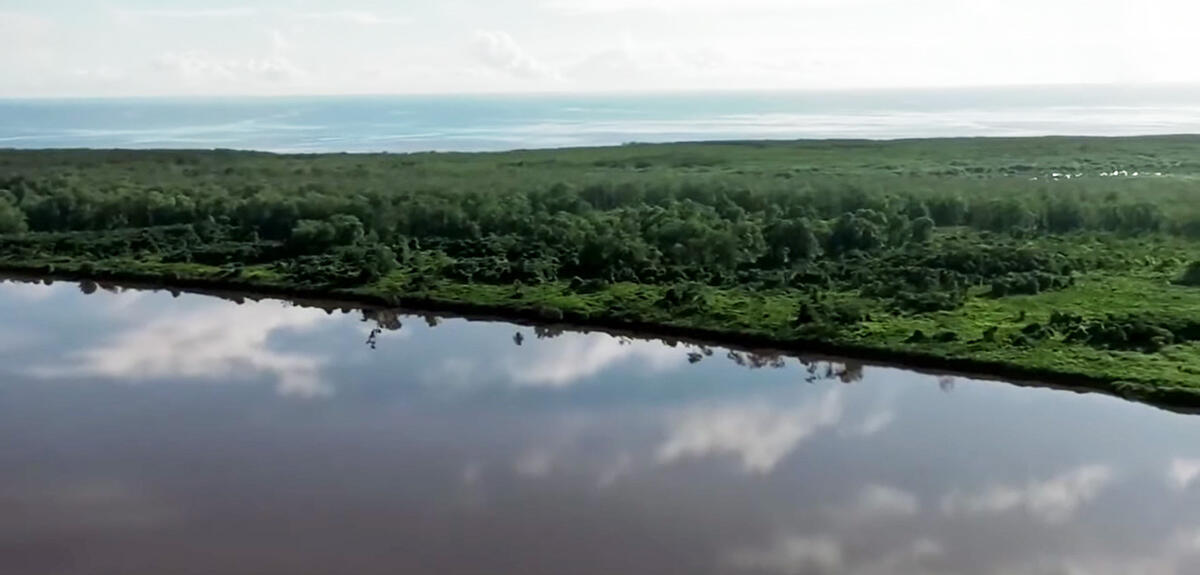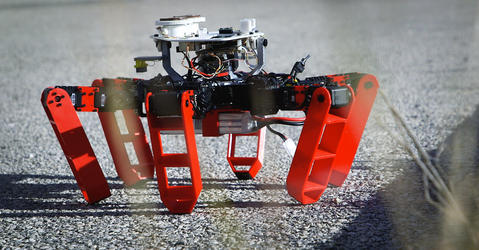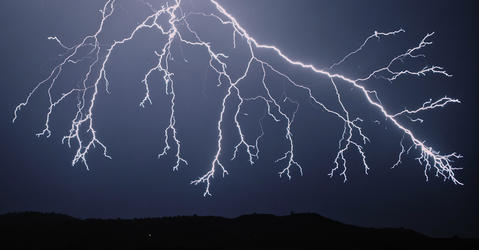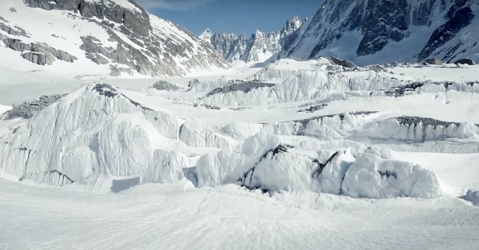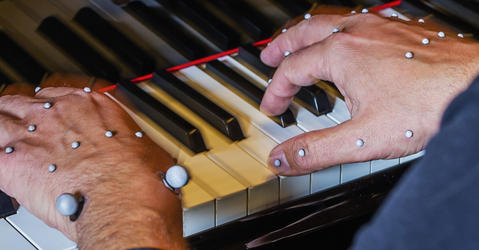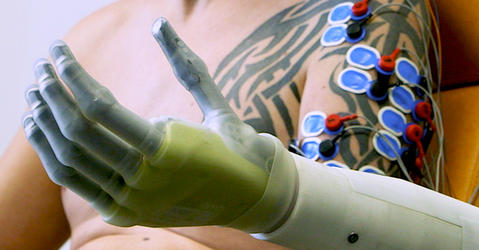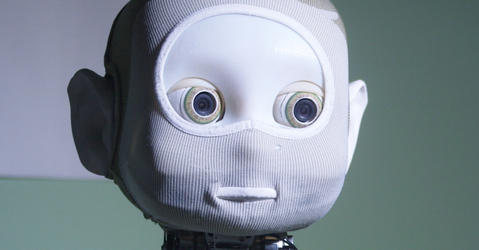You are here
Videos
Each year, some 40 billion tonnes of CO₂, one of the main greenhouse gases, are released into the atmosphere. A significant proportion of these is captured by the oceans, vegetation and the soil. The CNRS scientists are trying to better understand these natural carbon sinks, predict their evolution and also increase their storage capacity, or even envisage artificial sinks.
Recent Videos
Using Nature as a model for better robots? A team of bioroboticists in the South of France have created, for the first time, an autonomous six-legged robot able to—without using GPS—find its way...
Flying an airplane into a thunderstorm may not sound like a good idea. Unless you are a physicist. Scientists from the Exaedre project have led an exceptional mission to study the physics of...
Due to climate change, the Argentière glacier in the French Alps has been losing a metre of thickness every year for the past 30 years. A team of scientists has equipped the icy giant with more...
Most professional pianists believe that their unique way of playing—posture, fine hand movements—defines a specific piano sound. A team of researchers and professional piano players are testing...
For amputees, controlling a robotic prosthesis is far from a perfect solution. It can take months of training before they can perform basic day-to-day operations. In France, a team of researchers...
If we are to one day communicate naturally with robots, they will need to master not only speech, but also the subtle yet essential rules of non-verbal communication such as posture and eye...


